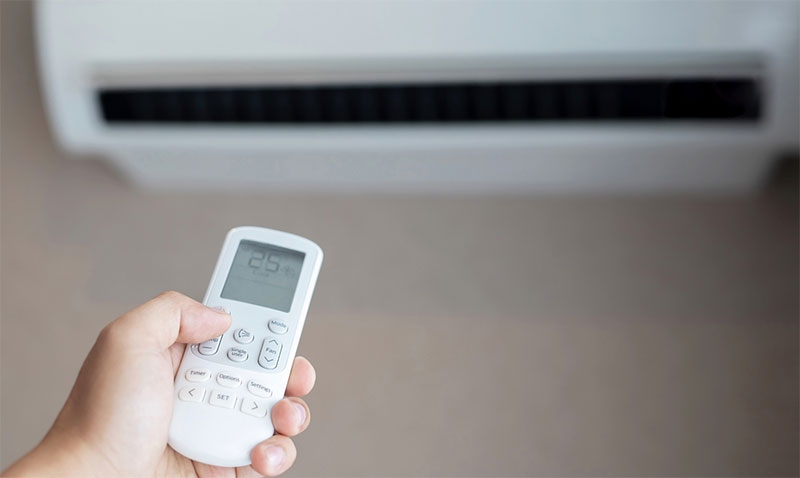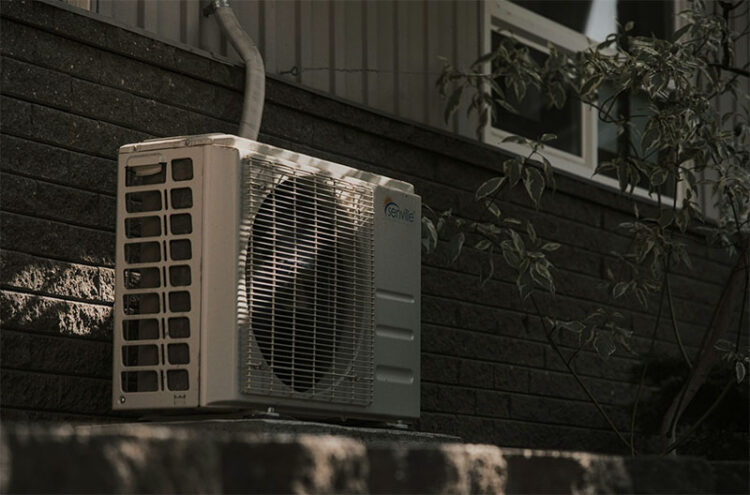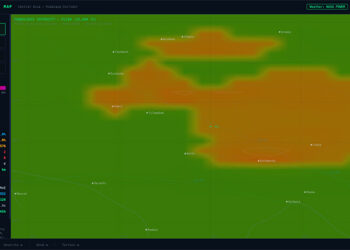Your heating and air conditioning system runs all day and night all year round to keep your home comfortable. But are you taking care of it as much as it is required? Just like a vehicle that will need maintenance to continue running, your heating, ventilation, and air conditioning system will also need attention to perform at its best. If you don’t maintain it, it will lead to costly repairs, higher energy bills, and even a full breakdown.
However, there is some good news. A little preventive maintenance will go a long way to keep your system fully functional. Whether, just like others, you hate hot summer weather or the cold winter, having your HVAC system performing at its optimum will help you save money, improve indoor air quality, and increase the life expectancy of your unit.
Below are six simple but extremely useful ways of taking care of your HVAC system to always keep you comfortable, come rain or shine.
Schedule Professional Maintenance
No matter how diligent you are with your DIY projects, nothing ever replaces a professional tune-up of your HVAC. Professionals will identify problems before they turn into expensive headaches, and you’ll save yourself a great deal in the long run.
If possible, you can have maintenance done twice a year. You can do it for the cooling season and once before the heating season. For instance, AC repair Rockwall will send certified technicians who not only clean and inspect the system but also align and repair it for optimal performance. They’ll find out which parts are worn out, where there are leaks, or where there are electrical issues you may not see. Regular maintenance will keep your HVAC system in top shape, increasing comfort in your home and extending the life of your unit.
Change Your Air Filters Regularly
One of the simplest ways to ensure your HVAC is performing like new is by periodically replacing your air filters. With time, dust, pollen, and other dirt will accumulate in the filter, and your system will work more than it should to give you the preferred temperature. Not only will this raise your energy bills, but it will also put extra strain on the system, leading to early deterioration and wear and tear.
Ideally, you will want to check your filters every month and replace them every 90 days or more often if you have a pet or allergies. Clean filters will promote airflow, enhance energy efficiency, and provide healthier indoor air quality. It’s a fast task that can make a great difference in the lifespan of your HVAC system.
Keep the Outdoor Unit Clean
It’s always easy to neglect the outdoor unit, but it’s so crucial when it comes to the overall performance of your HVAC. Most of the time, leaves, debris, grass clippings, and other obstructions will cling to it over time and will restrict airflow, making the system work harder and consume more.
It only takes a minute or two each month to check the unit and clean out whatever is clogging it. You should also gently spray it off with water to remove dirt and dust from it. There should be at least two feet of unobstructed space at all times around the unit to make it breathe, literally. A clean, unobstructed outdoor unit will run more efficiently, conserve energy, and avoid possible costly repairs due to overheating.
Install a Smart Thermostat
Upgrading your smart thermostat is a real game-changer for your HVAC maintenance unit. Smart thermostats will pick up on your routine, regulate temperature on their own, and even let you control it via your smartphone. This will help you reduce the load on your system by having it not be functional when you don’t need it.
Also, most modern smart thermostats have maintenance reminders, so you’ll never need to remember when you need to change the filters or when you need to call service personnel. Others will even notify you of possible issues with your heating and cooling system before they result in a costly major repair. You’ll not only save money on your energy bill, but you will also increase the longevity of your system — all these will add to the experience of a more comfortable, individualized home space.
Seal and Insulate Your Home
Do you know that those loose windows and doors, as well as air leaks, can cause your HVAC to work harder than it has to? If your home isn’t airtight, conditioned air will seep out, and unconditioned air will find its way in. This airflow will make your HVAC work longer and harder to maintain a consistent temperature.
You can take a few minutes to check your attic insulation, weatherstrip your doors, and caulk around your windows. These easy repairs, such as door sweeps installation or caulking, will make a great difference to the performance of your home. When your house is properly sealed and insulated, your HVAC system will not have to work extra time. This will translate to lower bills, fewer breakdowns, and a warmer house all year-round.
Don’t Ignore Strange Noises or Smells
Your HVAC system usually runs silently in the background, so you shouldn’t ignore unusual sounds or odd smells! Banging, rattling, hissing, or grinding noises can signal so many things, including a loose part or a serious mechanical issue. Odd smells, like burning smells or musty smells, can signal electrical problems or the start of mold growth.
The longer you wait, the worse (and more expensive) the problem will get. It’s always best to call in a professional when you notice the first sign of trouble. Taking action on time will prevent minor issues from growing into major repairs — or even needing a total system replacement. Take note of anything unusual, and trust your instincts when something doesn’t seem right.

Taking care of your HVAC doesn’t have to be a complicated thing. A little attention can go a long way. You can begin by changing air filters, having professional service done, cleaning the outside unit, equipping your system with a smart thermostat, weatherstripping your house, and listening to unusual sounds or smells. It’s these easy steps that will set you on the way to increased comfort, lower bills, and fewer unexpected repairs. Remember, your HVAC is an investment, so you must take care of it. Be proactive, and your system will reward you well with its good service for many years to come.






























